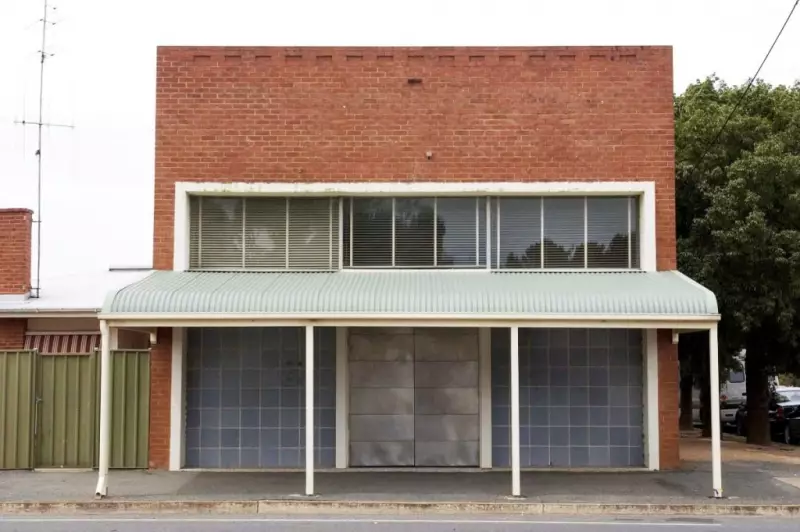
The South Australian Department for Correctional Services has imposed unprecedented secrecy around the parole eligibility review of John Bunting, the mastermind behind the notorious Snowtown murders that shocked the nation.
In what's being described as one of Australia's most tightly guarded parole processes, officials are refusing to disclose even basic information about Bunting's potential release prospects. The notorious killer, now 57, was sentenced to life imprisonment without parole for his role in the gruesome barrel murders that claimed eleven lives.
Families Left in the Dark
Victims' families have expressed deep frustration at being kept completely unaware of the proceedings. "We deserve to know what's happening," said one relative who wished to remain anonymous. "The lack of transparency is adding to our ongoing trauma."
The department confirmed it cannot reveal whether Bunting has actually applied for parole or when any potential hearing might occur, citing strict confidentiality provisions under the Correctional Services Act.
Australia's Most Notorious Crimes
The Snowtown murders, also known as the "bodies in barrels" case, represent one of the darkest chapters in Australian criminal history. Between 1992 and 1999, Bunting and his accomplices systematically targeted people they deemed "undesirable," storing their victims' dismembered remains in plastic barrels in a former bank vault in the small South Australian town.
Key aspects of the case that continue to haunt Australians include:
- The discovery of eight bodies in six barrels in May 1999
- The systematic nature of the killings spanning seven years
- The financial motivation behind many murders
- The extreme brutality exhibited by Bunting and his associates
Legal Framework and Public Safety
Under South Australian law, prisoners serving life sentences become eligible for parole consideration after serving a non-parole period. However, legal experts emphasize that eligibility doesn't guarantee release, particularly for offenders of Bunting's notoriety.
"The parole board must consider public safety above all else," explained criminal law specialist Professor Emma Richardson. "In cases involving serial offenders of this magnitude, the threshold for release is exceptionally high."
The department maintains that any decision regarding Bunting's potential release would involve extensive consultation with victims' families and thorough risk assessment procedures. However, the current veil of secrecy leaves many questioning whether proper processes are being followed.
As the mystery surrounding Bunting's parole status continues, victims' advocates are calling for greater transparency in the justice system, arguing that the public has a right to know when such dangerous offenders are being considered for release back into the community.





